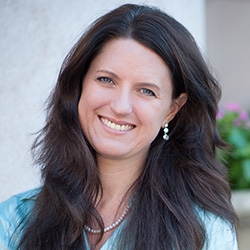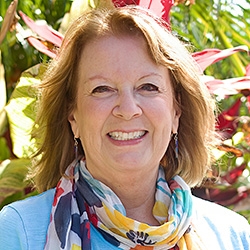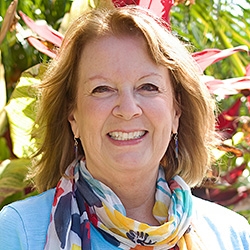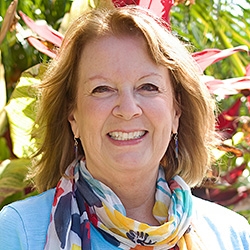
NVC Resources on Values
-
Empathy alone can be unreliable in guiding compassionate action. As seen in historical events, military training, personal anecdotes, and scientific experiments, empathy alone may not prevent people from harming others. A sense of duty or obedience, often instilled through fear of punishment and shame, might inhibit empathic action. The antidote may be to fostering empathy without resorting to control, shame, or punishment.
-
How can we hold love, understanding and compassion -- and still confront people about the harmful impact of their actions, hold them accountable, take action, speak truth and advocate for change... all in a manner fully aligned with our values and vision? Read on for how we can do accountability; what kind of action we take and with what motivation; and what our movements for change can look like from this lens.
-
While someone is upset or hurt they may "listen" to us to gather evidence for a rebuttal, to assert or validate a preconceived idea, and so on. When in this "predatory listening" mode, the "listener's" needs overshadow relational values like understanding, connection, or mutuality. In response to this we can consider our purpose, affirm any positive intent or need in what they say, and ask direct, honest questions.
-
Practice making requests for feedback, clarity, and action. Opportunities for making requests might be when you expected something different from what you got, were treated undesirably, and noticed inner constriction or reactivity. Identify observations, feelings, and values to support finding the request. Ensure your request states what you want, is specific, names the present-tense action, and that you're open to feedback.
-
With these practices make space before reacting to emotion or external stimulus. This can enable your capacity to respond from your self-connection to universally shared values. With practice you can create the capacity to temporarily put impulsiveness aside, in the service of connection with yourself and others, and in service of more informed and effective strategies.
-
Kristin Masters explores how to approach goal-setting and self-reflection with compassion and mindfulness grounded in NVC principles. She encourages you to examine how conscious choice plays a role in how we treat ourselves and others.
-
The purpose of setting boundaries is to prevent harm to yourself and others. In this video, Yvette Erasmus describes how and why exquisite self-care requires exquisite boundaries.
-
Trainer Tip: Giving up on blame and taking responsibilty for our choices is immensely empowering. Mary offers a tip for growing in this direction.
-
Trainer Tip: Mary shares how staying present to our anger and finding the underlying feelings and needs can lead to deeper connection and more satisfying outcomes.
-
Trainer Tip: We can expand our connection to humanity by considering the many strategies people use to meet our common needs.











